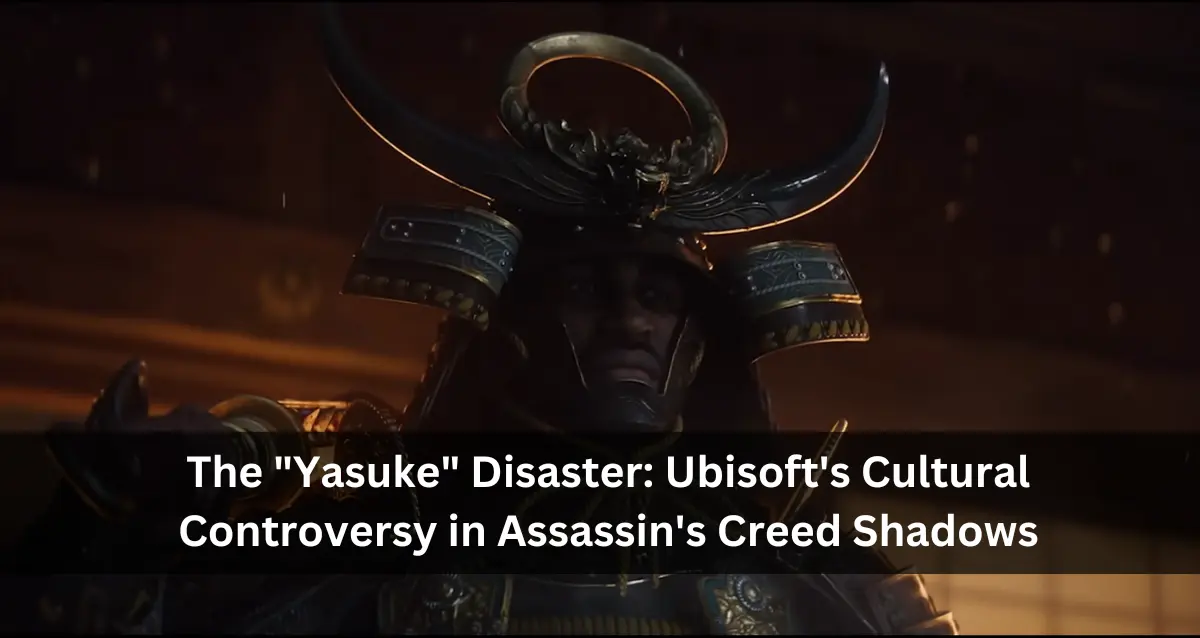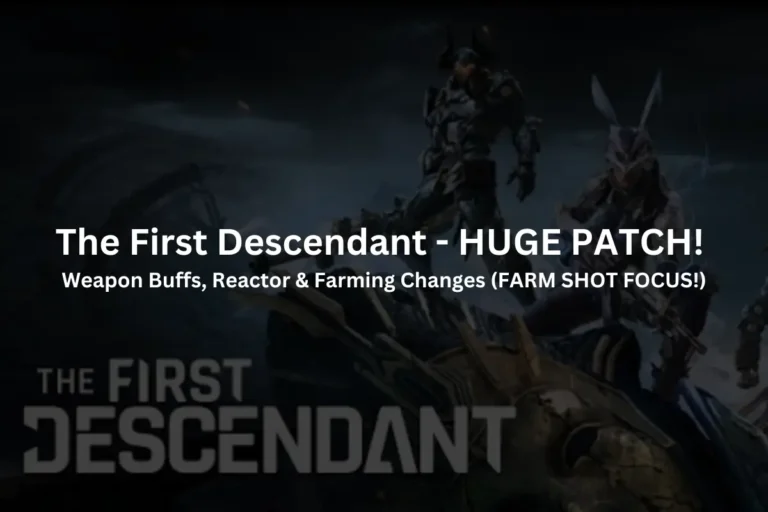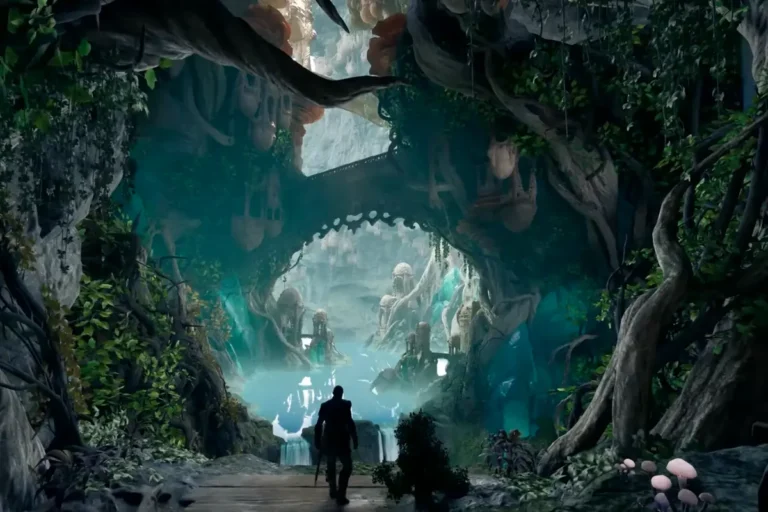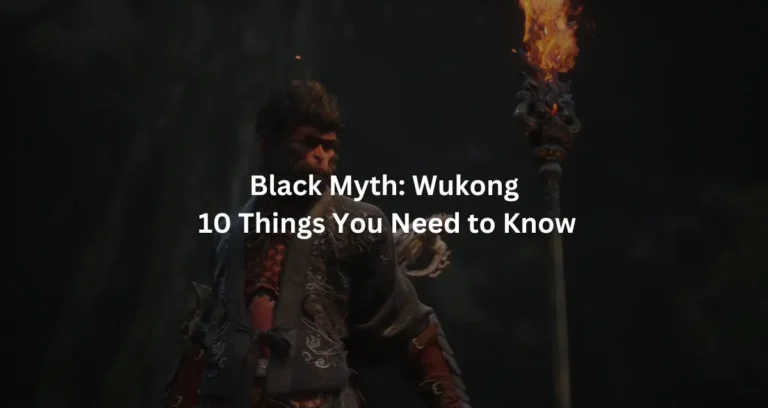The “Yasuke” Disaster: Ubisoft’s Cultural Controversy in Assassin’s Creed Shadows
In the realm of gaming, few franchises have achieved the monumental success of Ubisoft’s Assassin’s Creed. Known for its immersive historical settings and captivating storylines, the series has amassed a dedicated fan base and over 200 million copies sold worldwide. However, the latest installment, Assassin’s Creed Shadows, has plunged the franchise into a maelstrom of controversy, raising questions about cultural representation, historical accuracy, and the ethics of narrative construction.
The Context: Assassin’s Creed Shadows
Assassin’s Creed Shadows, set in feudal Japan, marks a highly anticipated expansion of the series’ geographical and cultural horizons. The game’s primary narrative arc centers on two protagonists, with a significant focus on Yasuke, who is depicted as the first black samurai. This choice, while seemingly progressive, has sparked intense backlash, particularly from Japanese audiences and scholars.
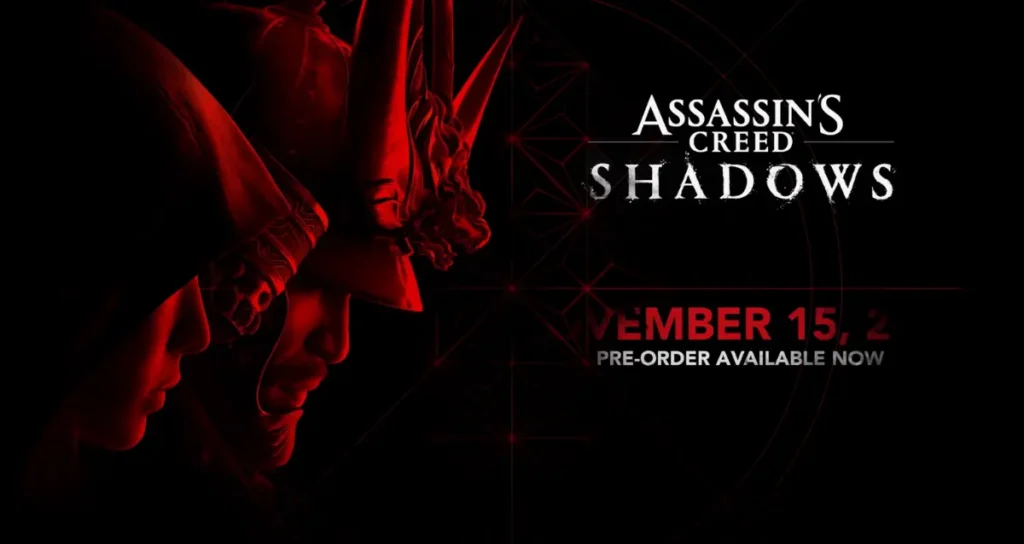
The Controversy Unfolds
The controversy began to take shape following the game’s official trailer release in May 2024. Yasuke’s portrayal as a central figure in the story, combined with Ubisoft’s claims of historical accuracy, quickly drew criticism. The game’s soundtrack, featuring a blend of hip-hop and traditional Asian music, was also criticized for being anachronistic and culturally insensitive.
The Historian at the Heart of the Debate
Central to this debacle is historian Thomas Lockley, whose works on Yasuke have heavily influenced Western portrayals of the figure. Lockley has been accused of manipulating historical narratives to fit a more dramatic and marketable story. His credibility took a significant hit when it was revealed that he had edited Yasuke’s Wikipedia page, citing his own unpublished work as a source. Furthermore, discrepancies between his statements in Western media and Japanese publications suggest a deliberate tailoring of narratives to suit different audiences.
Cultural and Historical Missteps
One of the core issues is the authenticity of Yasuke’s status as a samurai. While Lockley and some Western sources portray him as a legendary figure, many Japanese historians argue that he was more likely a retainer or servant, rather than a fully-fledged samurai. This distinction is crucial, as it impacts the narrative’s historical integrity.
Moreover, Ubisoft’s approach to integrating Yasuke into Assassin’s Creed Shadows has been criticized for prioritizing a Western-centric view of diversity over an accurate representation of Japanese culture and history. The game’s marketing emphasized learning about feudal Japan, yet its reliance on a contested historical figure has undermined this educational value.
Reactions from Japan
The backlash in Japan was not limited to social media and academic circles. Satoshi Hamada, a member of Japan’s House of Councillors, has taken the issue to the Japanese Diet, calling for an investigation into the historical inaccuracies promoted by the game. This political involvement underscores the severity of the cultural offense perceived by many Japanese citizens.
Ubisoft’s Response
In response to the growing criticism, Ubisoft issued an apology, stating,
“We have put significant effort into ensuring an immersive and respectful representation of feudal Japan. However, our intention has never been to present any of our Assassin’s Creed games, including Assassin’s Creed Shadows, as factual representations of history or historical characters.”
This statement, however, seems at odds with their earlier promotional material, which touted the game’s historical authenticity.
Broader Implications
The Yasuke controversy highlights a broader issue in the gaming industry: the balance between creative freedom and cultural sensitivity. While fictional narratives often take liberties with historical facts, the ethical implications of such changes become particularly significant when they involve real cultures and historical figures.
Conclusion
Assassin’s Creed Shadows is poised to be commercially successful despite the controversy. However, the “Yasuke Disaster” serves as a cautionary tale for the gaming industry. It underscores the importance of cultural sensitivity and rigorous historical research, especially when dealing with non-Western histories. For Ubisoft, this episode is a stark reminder that the pursuit of diversity and inclusion must be grounded in respect and authenticity, rather than superficial representation.
As the game’s release approaches, it remains to be seen whether Ubisoft will address these criticisms substantively or if the controversy will fade into the background amid the game’s potential commercial success. Regardless, the discourse surrounding Assassin’s Creed Shadows will likely continue to influence how historical games are developed and received in the future.
FURTHER READING

